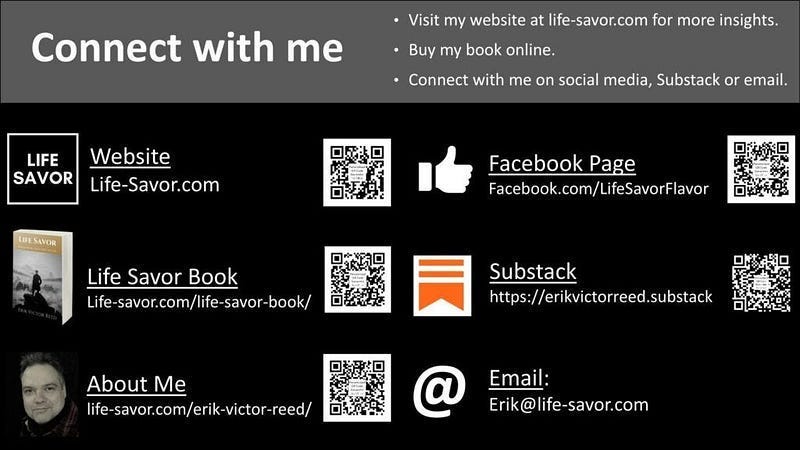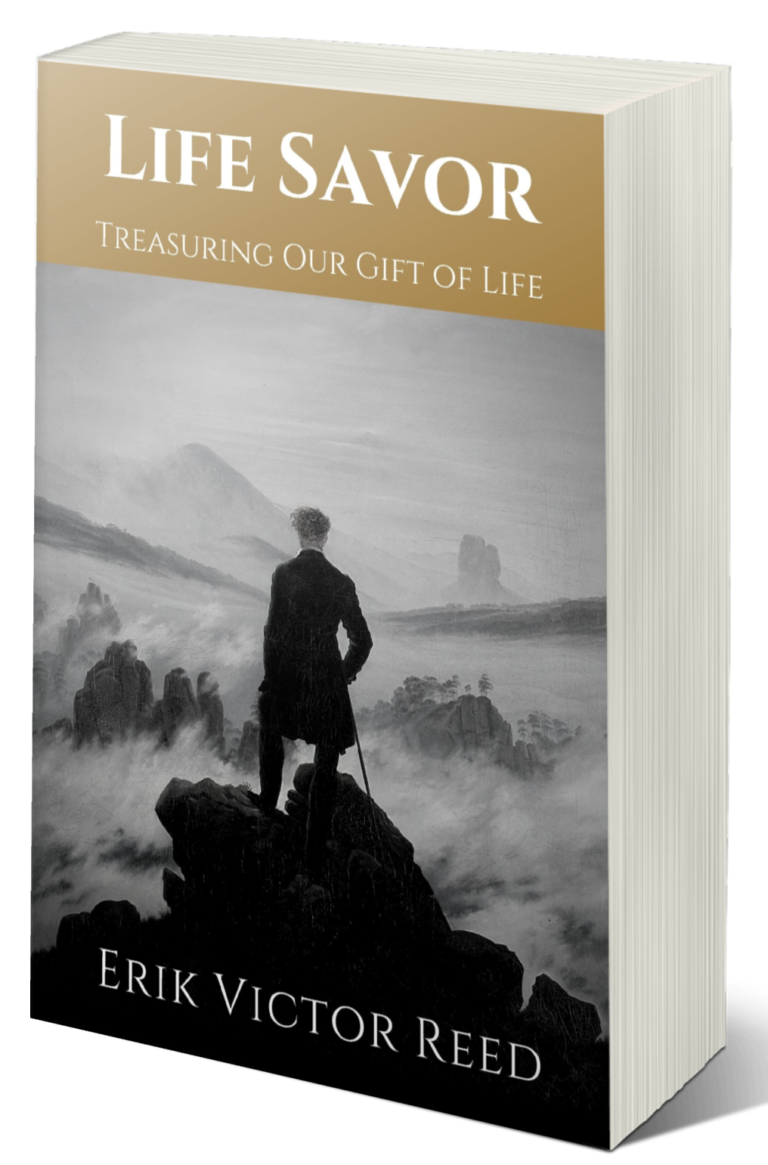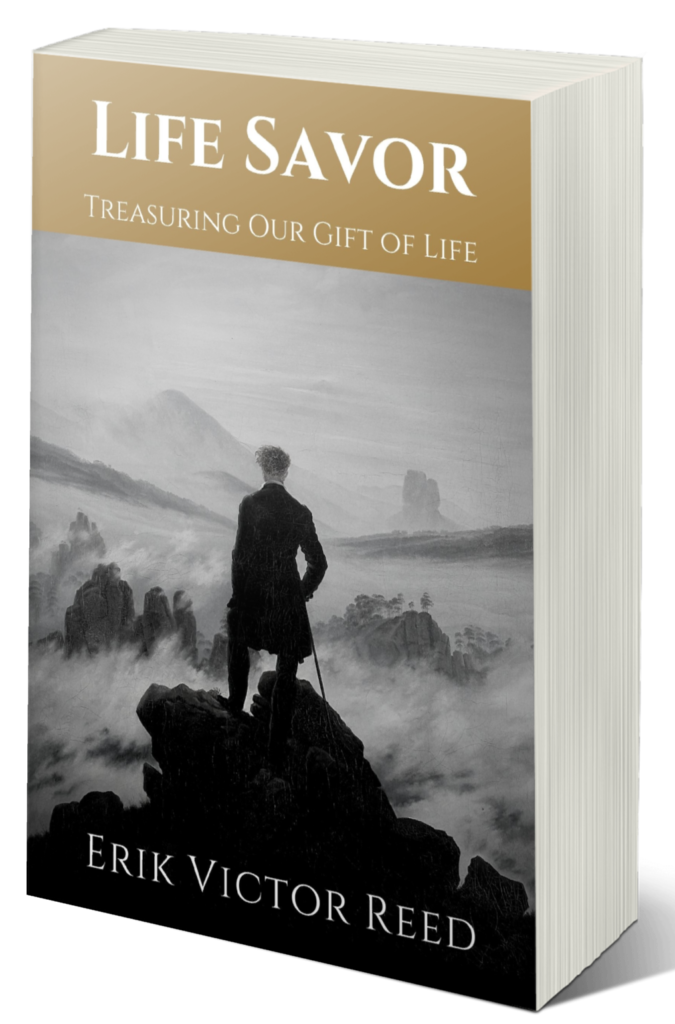Three perspectives that turn effort into meaning
1) Joseph Campbell — Becoming Who You Are
“The privilege of a lifetime is being who you are.”
Campbell’s line isn’t a greeting-card comfort; it’s a dare. To be who you are is not a matter of passive discovery. It’s an undertaking. We try because the self we sense inside us won’t assemble itself. It must be authored, line by line, choice by choice.
When we pursue work that fits our temperament, when we love in a way that honors our deepest values, when we create what only we would think to make, we’re not chasing applause; we’re claiming identity. Effort becomes an act of self-recognition. The point isn’t, “Will the world like this?” The point is, “Is this me?”
Picture a quiet scene: your desk, late evening. The house is finally still. You open the document you’ve been avoiding, the sketchbook you keep tucked in a drawer, the application form that scares you, the guitar you haven’t touched in years. No audience. No promises. Just you, facing what calls you. That first, small attempt is dignity in motion. You are voting for the person you mean to be.
Trying, in Campbell’s register, is a kind of spiritual courage. We risk because we would rather live as someone recognizable to ourselves than as a stranger applauded by others. Even failure carries a strange relief: at least I failed as myself. And often, that honest attempt is what begins to gather allies, opportunities, and momentum. The world can meet you only when you show up as you.
Try this: List three times you felt most you. What were you doing, and what value was alive in that moment? Choose one tiny step this week that lets that value take the lead again.
2) Friedrich Nietzsche — The Why That Bears the How
“He who has a why to live can bear almost any how.”
Nietzsche isn’t glamorizing suffering; he’s decentering it. Pain is not the protagonist when purpose is present. We don’t try because life is easy. We try because meaning accepts the burden of difficulty.
Think of a nurse finishing a twelve-hour shift, then staying thirty minutes more to comfort a frightened patient. Think of a single parent studying for a certification exam at a kitchen table after the kids finally sleep. Think of an athlete returning to physical therapy again, because the love of the game is stronger than the dread of the treadmill. None of these scenes are designed for happiness on a minute-by-minute scale. They are designed for meaning. The why—care, future, mastery—transforms the how—fatigue, repetition, uncertainty—into something bearable, even noble.
We go wrong when we decide we’ll try after conditions improve. That reverses the order. Purpose isn’t what follows comfort; it’s what makes discomfort tolerable and often worthwhile. The mountain trail does not flatten because you found your why, but the climb stops feeling pointless. The aches become receipts: proof that your time is being spent on something that matters.
If your days feel heavy, examine your why. It doesn’t need to be grand or public. It needs to be yours. “I want to be a steady presence for my child.” “I want my craft to be a little truer this month than last.” “I want to use my curiosity in service of something big.” Private whys have public power: they change how we carry the day.
Try this: Finish the sentence three ways: “When things get hard, it helps to remember that I am doing this because…” Put that sentence where your future, tired self will see it.
3) William James — Action Creates Reality
“Act as if what you do makes a difference. It does.”
James’s pragmatism cuts through paralysis. Waiting to feel ready is how potential stalls. Identity is not merely discovered; it is forged by repeated action. The feedback loop is simple and stubborn: what you do regularly becomes what you are reliably.
You don’t need to solve your whole life on Monday. Do something small that aligns with your value today, then repeat it tomorrow. The brain notices patterns. Courage that’s performed in tiny doses becomes a trait. Attention that’s deliberately placed reshapes the texture of experience. Try is the verb that alters the noun self.
This is not macho stoicism. It’s humane engineering. Start, and you’ll accumulate evidence that you’re the kind of person who starts. The evidence changes your self-concept, and the new self-concept lowers the energy required to start again tomorrow. That spiral creates the opposite of cynicism.
A lived example: you decide to “be a reader again.” Ten pages a day, phone in another room. After a month, you’re not someone who hopes to be a reader. You are a reader—because you read. Or you commit to one honest reach-out a day: a message sent, a coffee scheduled, a note of thanks. Your life starts filling with the kind of relationships that only exist because you acted as if connection matters.
Try this: Choose one identity you want to grow into (“runner,” “listener,” “maker,” “friend”). Design the tiniest daily action that proves it (five minutes, not fifty), and track it for two weeks. Let action do the arguing your doubts keep winning.
The Thread That Binds the Three
Campbell insists that trying is how the real self is brought forward. Nietzsche shows that trying is how meaning carries us through difficulty. James demonstrates that trying is how identity and reality congeal: repeated acts become enduring traits; attention becomes experience.
Put together:
- Authenticity (Campbell): Try as yourself, not for the crowd.
- Purpose (Nietzsche): Know your why so you can carry the how.
- Pragmatism (James): Do the small act today; let patterns make the person.
This is not a self-help trick. It’s a philosophy of reverence for living grounded in practice. We try because we are alive now, because the person we hope to be requires our participation, because meaning is made in the furnace of doing, and because small, perpetual acts have consequences far beyond their size.
Trying won’t guarantee outcomes. You will still face setbacks, rejections, reversals. But refusing to try guarantees something worse: the erosion of self-respect. Effort is how we keep faith with who we are and who we’re becoming. It’s how we thank life for the chance to be here at all.
Bringing It Home
- Name your self-honest task (Campbell): What would you pursue if no one could judge it—only you could feel it? Do one step toward it today.
- Write your why in present tense (Nietzsche): “I endure this because I am building X, serving Y, loving Z.” Read it when the day gets heavy.
- Shrink to a repeatable minimum (James): Design a daily action so small it’s nearly silly, then defend it fiercely. Consistency beats intensity.
The world is loud with borrowed scripts, performative goals, and promises of quick gratification. These three voices return us to something sturdier: effort as identity, purpose as stamina, action as alchemy.
You don’t need a perfect plan. You need a real step. Take it. Then take another. Let the self you mean to be find you in the doing. Let the why you chose carry you when conditions don’t. Let a humble routine become the quiet scaffold of a life you recognize with pride.
That is why we try.
For more like this, visit the broader project at life-savor.com, or explore the Life Savor book itself.
To learn more about Life Savor’s philosophy,
read Life Savor: Treasuring Our Gift of Life by Erik Victor Reed.








